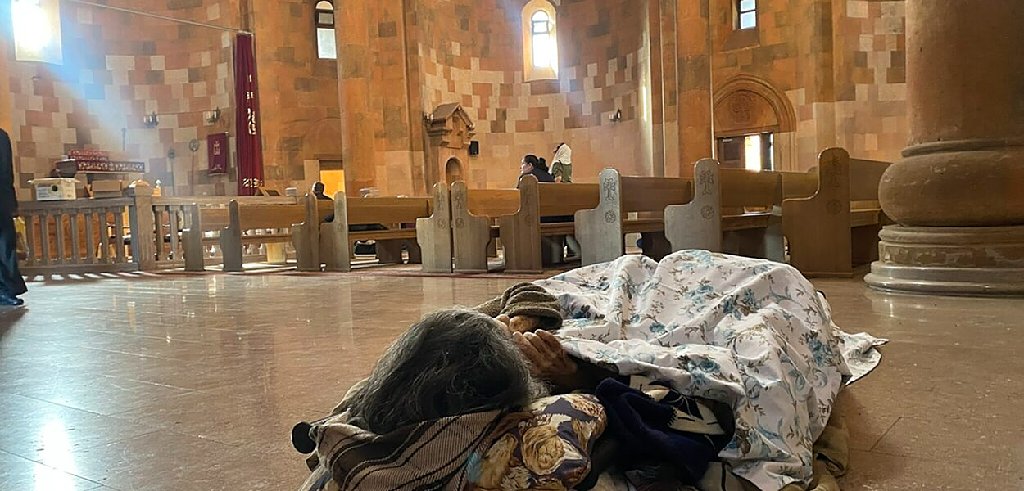John Eibner, president of Christian Solidarity International (CSI) recently spoke with a Czech Catholic newspaper about the continuing worldwide persecution of Christians. Eibner said the reasons for persecution have not changed for 2,000 years.

“Christians are persecuted today for essentially the same reasons that Jesus and the first Christians were persecuted,” says Eibner. “Reflecting a divine authority that stands above the ‘powers and principalities’ of the world, to use Biblical language, Jesus and his followers have always represented a threat. Sometimes Christians are persecuted simply because they are weak and make convenient scapegoats for ambitious rulers to exploit. Cooption is the other time-honored method of eliminating threats to power arising from the Christian faith. The Church and its institutions receive a share of worldly power in return for political subservience. It sometimes happens that persecution and cooption take place simultaneously.”
Eibner says the recent expulsion of Armenian Christians after Azerbaijan invaded their homeland was especially sobering.
“My first thoughts turned to the victims of this ethnic-religious cleansing,” says Eibner. “I considered how CSI could best express our solidarity with them in the form of humanitarian relief. But I was very quickly reminded that this ethnic cleansing of Armenian Christians could take place in the 21st century because they have no powerful protector. The geopolitical and economic interests of Moscow, Washington, and Brussels were all aligned with the Muslim Turkish-Azerbaijani axis. None of these ‘powers and principalities’ acted decisively in favor of the besieged Armenian Christians. This should serve as a reminder of the vulnerability of Christian communities in an essentially post-Christian world in which Islam and secularism remain potent political forces.”
Eibner says the world should know this is not just a localized dispute.
“Those who think this conflict over Nagorno Karabakh is just a local dispute over a small, poor mountainous region do not see the big picture,” Eibner continues. “It is part of an emerging neo-Ottoman imperial conglomeration based on the economic and military might of the Turkic-Azeri axis. This extends in Europe to Cyprus and the Balkans, in north Africa to Libya, in the Middle East to Syria and Iraq. The military aggression of this neo-Ottoman constellation gets a pass on account of Turkey’s NATO membership and Europe’s energy dependence on Azerbaijan. It is therefore able to ethnically cleanse 120,000 mainly poor Armenian Christians from their historic homeland with impunity.”
Eibner says Christians continue to suffer in all Muslim-majority countries due to Islamic supremacism.
“Their persecution can range from social or legal discrimination to ethnic cleansing,” says Eibner. “The Christmas Eve massacre of roughly 200 Christians in Nigeria and the displacement of thousands of survivors is part of a long-running religious cleansing process centered on Nigeria’s Middle Belt. There are Muslim-majority countries where there is considerable tolerance granted to Christians and other non-Muslims. Indonesia and Bangladesh are two such examples. But even in these relatively tolerant countries freedom to evangelize is severely restricted, and conversion from Islam carries risks of grave punishments either by society or the state.”
Eibner says Christians who are persecuted have a different point of view than those in North America.
“Victims of Christian persecution have a greater awareness of the politics that drive persecution and the suffering it causes,” says Eibner. “This is clear when one looks at the Christian communities that suffered persecution under Communism and those in western Europe and North American that did not. Sadly, there is a greater inclination in North America and Western Europe to cast off a religious faith and go with the flow of the prevailing secular, materialistic consumerism. Christians that have retained their faith despite persecution are likely to have emerged with a stronger faith.”

